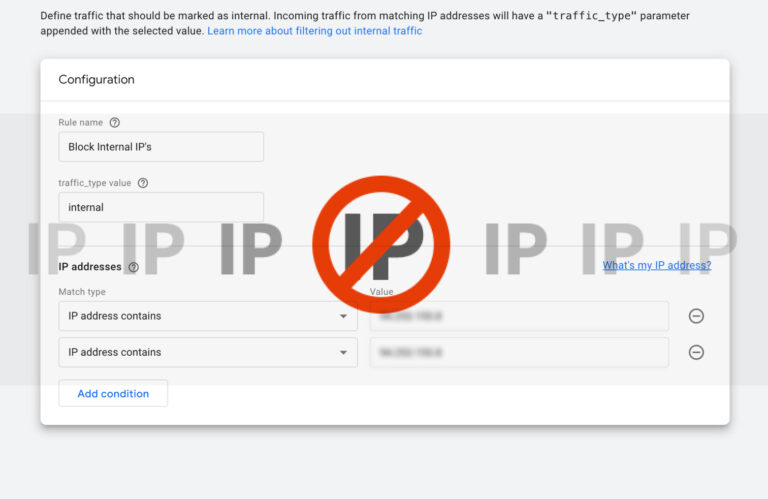In today’s hyperconnected world, the internet has become an indispensable tool for communication, commerce, and information access. However, this widespread reliance on digital platforms has also created a new frontier for cyber threats and online safety concerns. As individuals and businesses increasingly interact and store sensitive data online, understanding cybersecurity practices becomes crucial for protecting personal information and safeguarding digital assets.
What is Cybersecurity?
Cybersecurity encompasses the technologies, processes, and practices designed to protect systems, networks, and programs from unauthorised access, damage, or modification. It aims to safeguard sensitive information, prevent cyberattacks, and ensure the confidentiality, integrity, and availability of data.
Why is Online Safety Important?
Online safety refers to the practices and precautions taken to protect oneself from harm when using the internet. It involves being aware of online threats, protecting personal information, and engaging in responsible online behaviour.
Common Online Threats
The digital landscape is rife with various online threats, each posing unique risks to individuals and businesses. Some of the most prevalent threats include:
Malware: Malicious software designed to harm devices or steal data.
Phishing: Deceptive attempts to trick users into revealing sensitive information.
Ransomware: Malware that encrypts files and demands ransom payments for decryption.
Social Engineering: Exploiting psychological tactics to manipulate users into divulging personal information or taking harmful actions.
Cyberbullying: Harassment, intimidation, or threatening behaviour directed at others online.
Essential Cybersecurity and Online Safety Practices
To navigate the digital realm safely and responsibly, individuals and businesses should adopt a range of cybersecurity and online safety practices. These practices include:
Creating Strong Passwords: Employ unique, complex passwords for all online accounts and avoid using easily guessable combinations.
Enabling Two-Factor Authentication (2FA): Add an extra layer of security by requiring a code from a separate device upon login.
Installing Security Software: Utilise reputable antivirus and anti-malware software to protect devices from harmful intrusions.
Updating Software Regularly: Keep operating systems, software, and applications up to date to address newly discovered vulnerabilities.
Being Cautious with Online Links: Avoid clicking on suspicious links or opening attachments from unknown senders.
Protecting Personal Information: Refrain from sharing sensitive data, such as financial information or social security numbers, on public platforms.
Using Secure Networks: Connect to trusted networks and avoid accessing sensitive information on public Wi-Fi.
Educating Employees: Provide cybersecurity training to employees to raise awareness and instil best practices.
Implementing Data Breach Policies: Establish clear protocols for identifying, reporting, and responding to data breaches.
Additional Tips for Enhanced Online Safety
Beyond the fundamental practices, individuals and businesses can further enhance their online safety by adopting additional measures:
Reviewing Privacy Settings: Adjust privacy settings on social media and online platforms to control the visibility of personal information.
Being Mindful of Online Interactions: Exercise caution when interacting with strangers online and avoid sharing personal details.
Verifying Sources of Information: Critically evaluate online information and be wary of unsubstantiated claims or sensational content.
Reporting Cybercrime: Report suspicious activities, phishing attempts, or cyberattacks to the relevant authorities.
Cybersecurity and online safety are not mere technical challenges; they are fundamental aspects of digital citizenship in today’s interconnected world. By adopting robust cybersecurity practices, individuals and businesses can safeguard their valuable data, protect their privacy, and navigate the online realm with confidence. Remember, vigilance and proactive measures are crucial in maintaining a secure and responsible digital presence.
Take charge of your online security. Start implementing these essential practices today!



